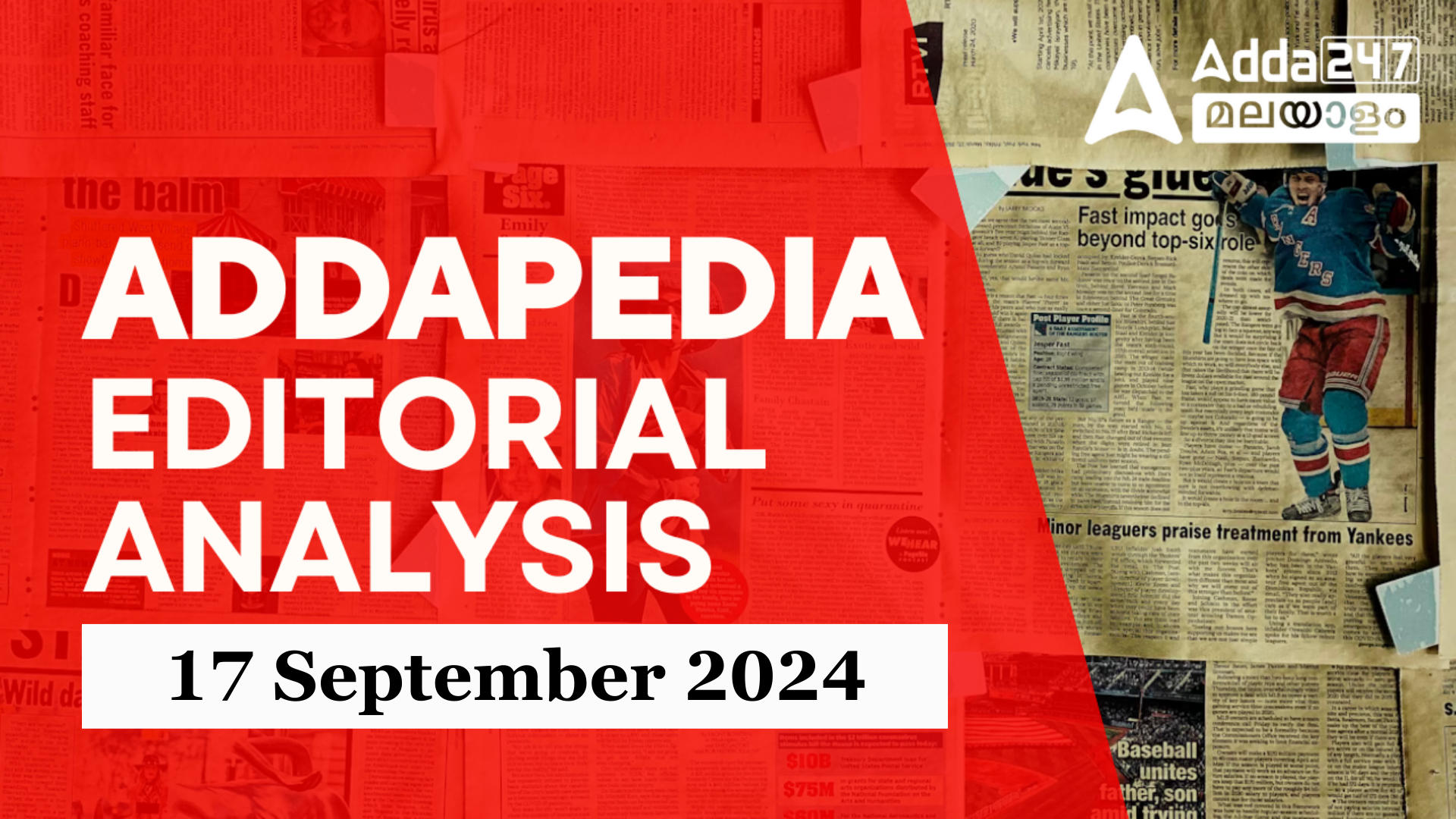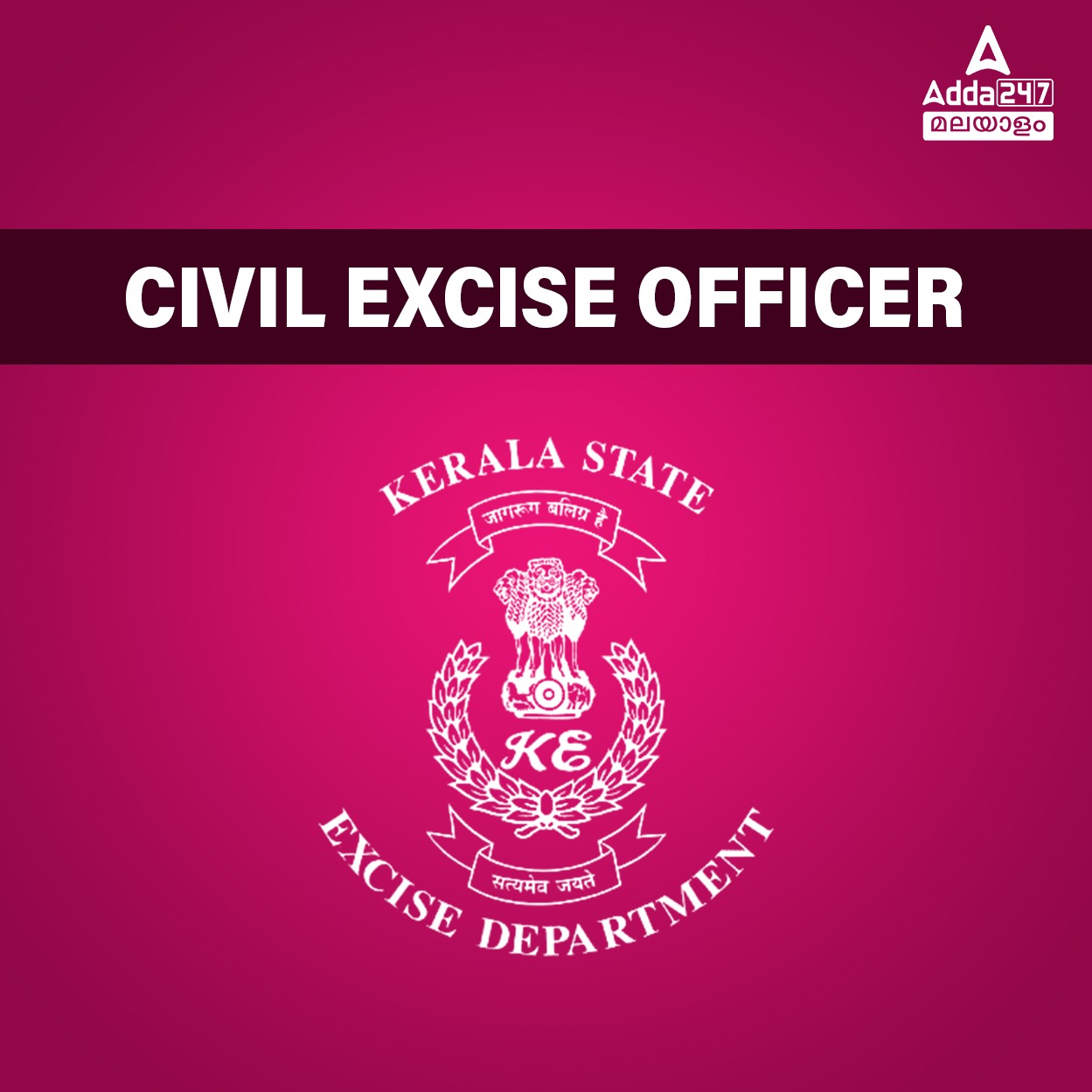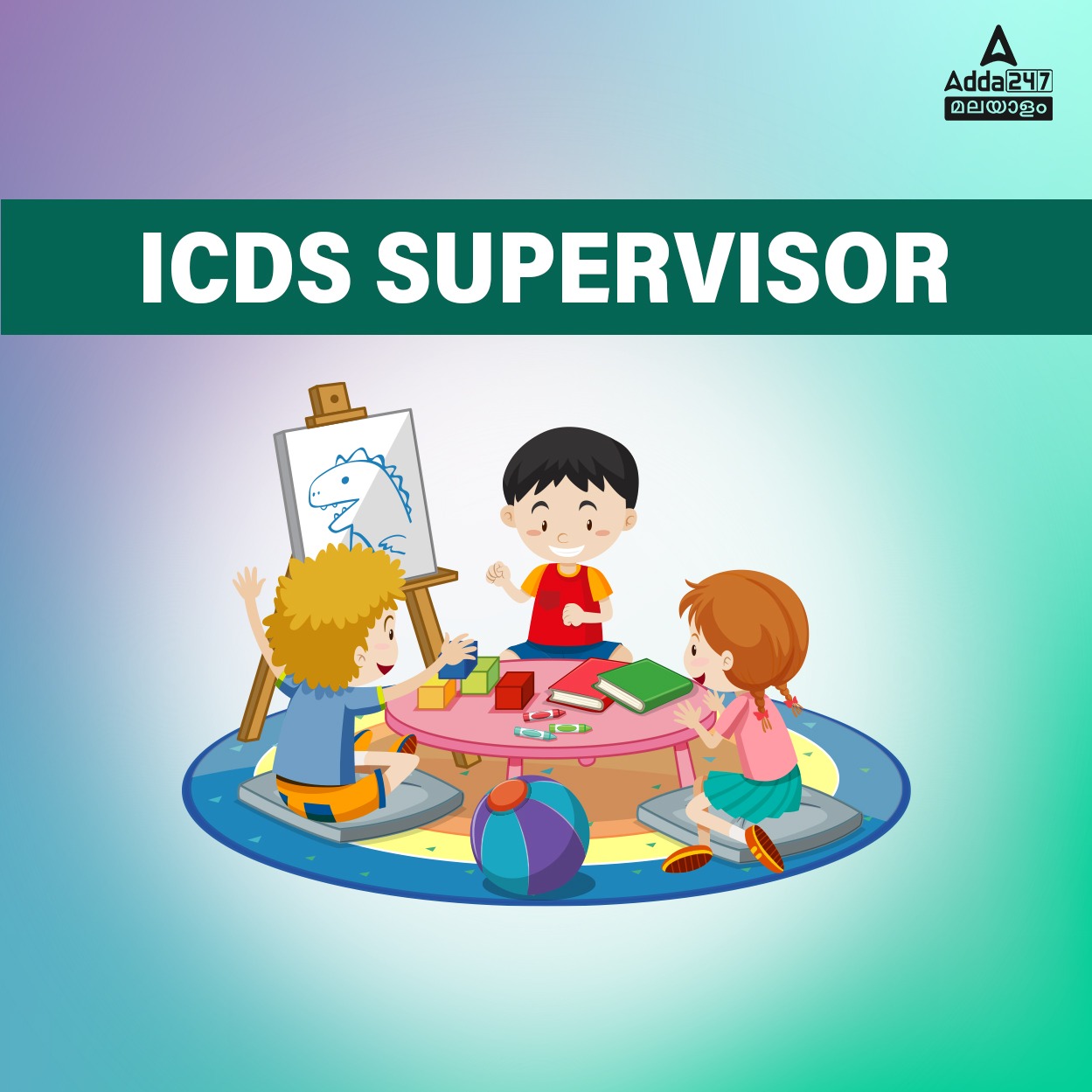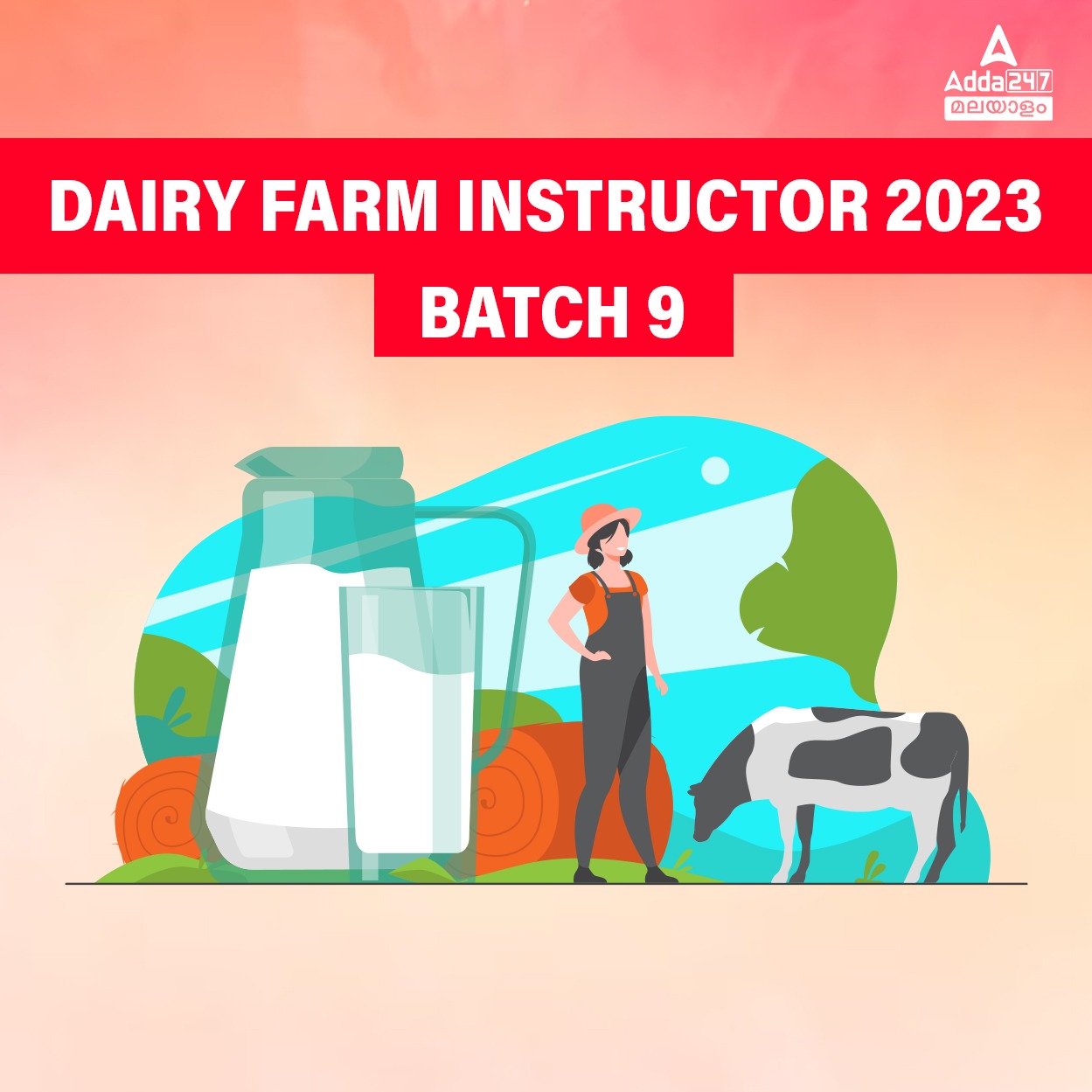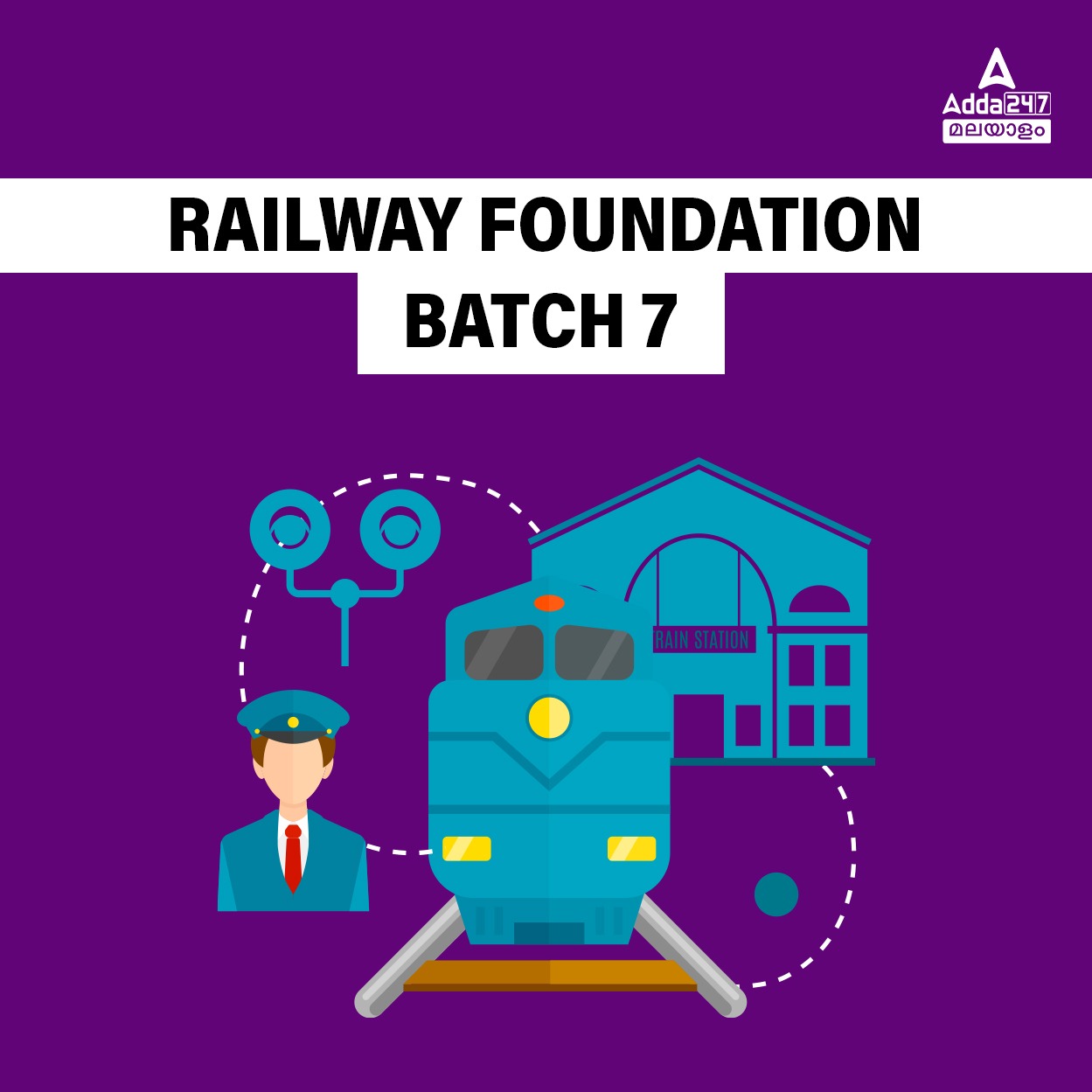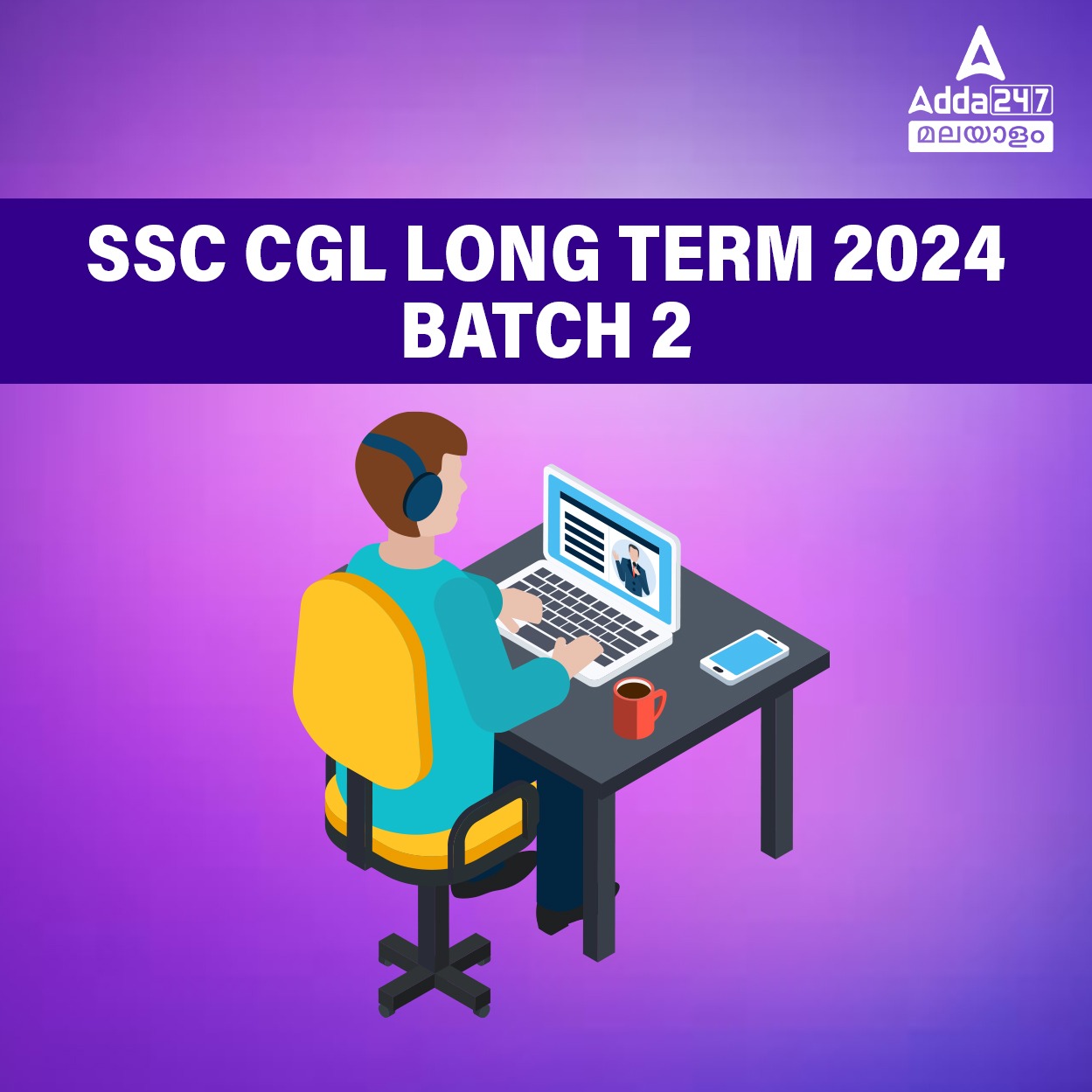Table of Contents
Addapedia Editorial Analysis: Daily News Editorial Analysis 17 September 2024
Addapedia Editorial Daily News , 17 September 2024: In this Addapedia Editorial Analysis, We cover Important News Editorials from Newspapers and provide you with detailed analysis. This ADDAPEDIA Editorial Analysis will help you in understanding the National and International events Current affairs and the background of a particular topic. This comprehensive News analysis will help you in Clearing CA and Interview for many exams.
Editorials usually cover a particular topic that might be National, State or any International event which is most important to acquire brief knowledge about the event. Editorials are written by Famous news analysts, Politicians, Business analysts, Civil Servants or a person who has immense knowledge in that particular field. Knowing Editorials will not only understand the geo-political relations but also how to write and describe any particular issue which helps especially in PSC, SSC and Banks Exams.
T.N.’s education funding on hold
(The Hindu, 17-09-24)
Tamil Nadu is yet to receive this year’s funds from the Union government under the flagship education scheme Samagra Shiksha.
What is Samagra Shiksha and why has Tamil Nadu not gotten funds under it?
- Samagra Shiksha is an integrated Centrally-sponsored scheme for school education from nursery till Class 12, with components for teacher training and salaries, special education, digital education, school infrastructure, administrative reform, vocational and sports education, with grants for textbooks, uniforms, and libraries, among others.
- The scheme’s estimated outlay between 2021 and 2026 is ₹2.94 lakh crore, with the Centre and States contributing funds in a 60:40 ratio.
- For 2024-25, Tamil Nadu’s allocation under the scheme amounts to ₹3,586 crore of which the Central share is ₹2,152 crore, with a first quarterly instalment of ₹573 crore, which has not yet arrived halfway through the financial year.
- The state has accused the Centre of imposing a prerequisite for the fund’s disbursal, namely, the signing of a Memorandum of Understanding (MoU) for another Centrally-sponsored education scheme called PM Schools for Rising India (PM Shri).
- PM Shri scheme, being run from 2022-2027, aims to create 14,500 model schools across the country to showcase the implementation of NEP 2020, and has a much smaller project cost of ₹27,360 crore.
- In July 2024, the State signed a modified MoU, dropping the paragraph on NEP implementation, however, this was unacceptable to the Centre.
- Tamil Nadu has accused the Centre of “denying funds to the best-performing States for refusing to bow to the NEP”.
What is Tamil Nadu’s problem with the NEP 2020?
- State’s objections relate to specific elements like the three-language formula and curriculum changes.
- The Tamil Nadu state government contends that it is already implementing many acceptable aspects of NEP through its own initiatives”.
- The state government also says that linking the release of Samagra Shiksha funds to full NEP compliance “infringes upon the State’s constitutional autonomy in education”.
- Tamil Nadu’s draft State Education Policy (SEP) clearly indicates that the State wants to stick to the 5+3+2+2 curricular formula, rather than the NEP, which includes the pre-school years.
- The SEP also proposes five years as the age of entry to Class 1, as against six years in the NEP.
- The State wants undergraduate college admissions to be based on Class 11 and 12 marks, rather than a common entrance test as proposed by the NEP.
Why does Tamil Nadu oppose the three-language formula?
- The NEP 2020 recommends the mother tongue or the local language as the medium of instruction till Class 5 and says that all school students should be taught at least three languages, of which two must be native to India.
- This three-language formula recommendation has been in every NEP since 1968, and has been implemented in many States by teaching the local language, as well as English and Hindi, with Sanskrit also offered as an option, especially in Hindi-speaking States.
- Tamil Nadu has had a long-standing opposition to this formula, dating back to social movements in the pre-Independence era.
- From a widespread agitation against mandatory Hindi in the 1930s to violent anti-Hindi riots in the late 1960s, to protests against the NEP and Navodaya schools in 1986, there has been a consistent political consensus on the issue.
- Instead, the State implements a two-language formula, making it mandatory for all students to study both Tamil and English throughout their school years, and they are free to choose Hindi or any other language as an optional third.
- NEP 2020 says that “there will be a greater flexibility in the three-language formula, and no language will be imposed on any State”, indicating that it is not mandatory to include Hindi as one of the three languages.
- However, this would still allow students to choose Tamil as a third language, to be studied for just a few years in middle school.
- All major political parties in Tamil Nadu have rejected this formula on principle.
Rights of future generations must guide climate debate
(The Hindu, 17-09-24)
What is Mission Mausam and its primary objective?
- What is the Summit of the Future and its main objective?
- To be held in New York on September 22-23, 2024
- Aims to identify multilateral solutions for major global problems
- Focuses on issues like conflict, climate change, pandemics, and inequalities
- Envisions a world where people can thrive with greater protection from threats
How does the article frame the debate on ‘future generation rights’?
- Presents it as a dominant theme in climate justice discussions
- Highlights the moral imperative to ensure a liveable planet for future generations
- Discusses the debate on whether there’s a legal obligation to protect future generations
- References a debate in the European Journal of International Law on this topic
What are the key arguments for recognizing ‘future generation rights’?
- Seen as having emancipatory power to reshape international law
- Draws on indigenous beliefs and wisdom about intergenerational duty
- Cites court judgments from various countries upholding intergenerational equity
- However, such rights are argued as ambiguous rhetoric that neglects current responsibilities
How do the Maastricht Principles address the rights of future generations?
- Affirms that human rights extend to both present and future generations
- Emphasizes the continuum of human generations
- Calls for interpreting rights in light of humanity’s relationship with nature
- Outlines obligations to protect future generations against substantial risks
Can you answer the following question?
Critically examine the concept of ‘rights of future generations’ in the context of sustainable development and climate justice.
കേരളത്തിലെ എല്ലാ മത്സര പരീക്ഷകൾക്കും ഓൺലൈൻ ക്ലാസുകൾ, വീഡിയോ കോഴ്സുകൾ, ടെസ്റ്റ് സീരീസ്, പുസ്തകങ്ങൾ, മറ്റ് പഠന സാമഗ്രികൾ എന്നിവ ചുവടെ നൽകിയിരിക്കുന്ന ലിങ്കിൽ ക്ലിക്കുചെയ്ത് കണ്ടെത്താനാകും.
***വരാനിരിക്കുന്ന പരീക്ഷകളിൽ വിജയിക്കാൻ ഞങ്ങളോടൊപ്പം ചേരുക***
*ലക്ഷ്യത്തിലേക്കുള്ള ആദ്യ ചുവടുവെപ്പ് | ADDA247 മലയാളത്തിൽ പരിശീലനം ആരംഭിക്കൂ*
Adda247 Malayalam Youtube Channel |
Telegram group:- KPSC Sure Shot Selection

